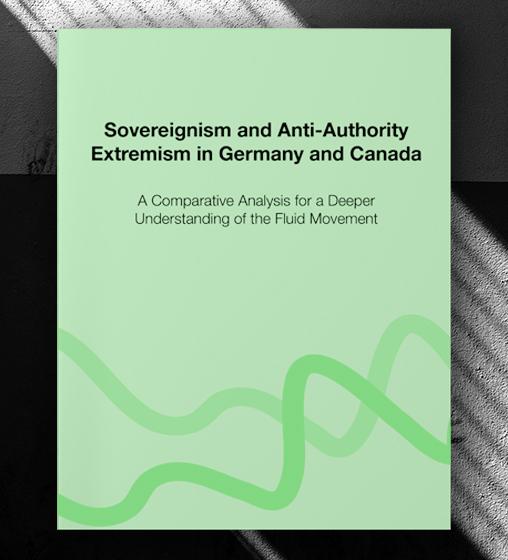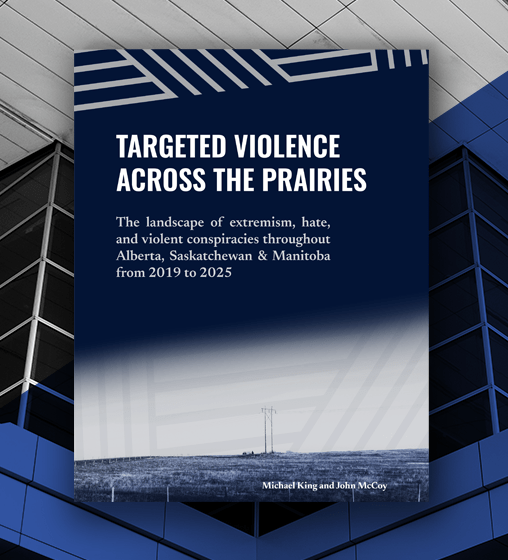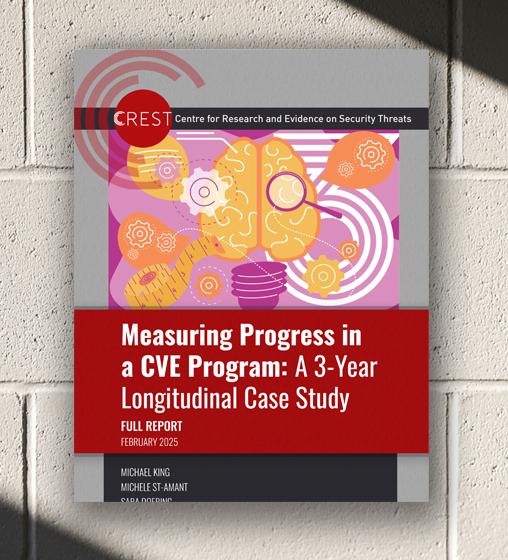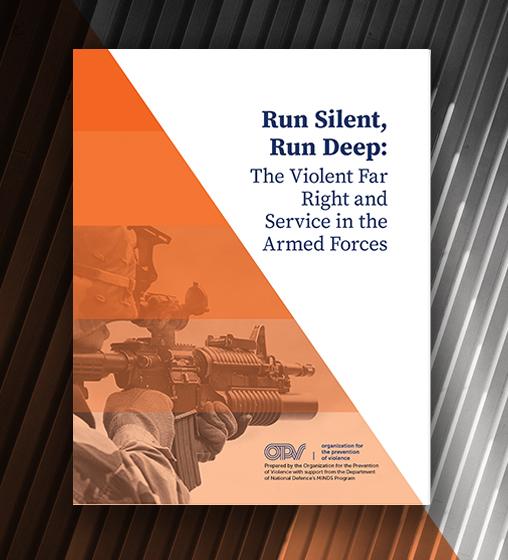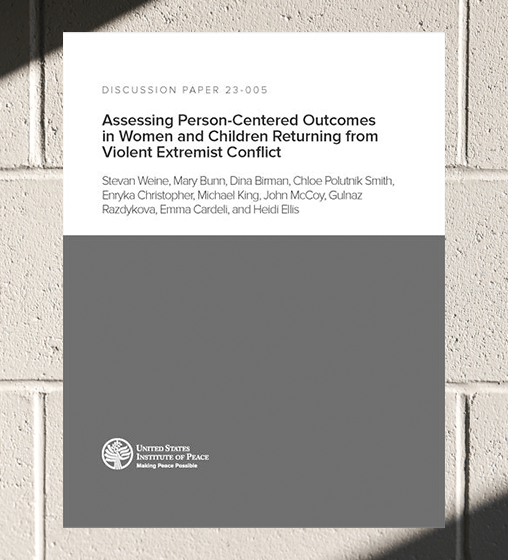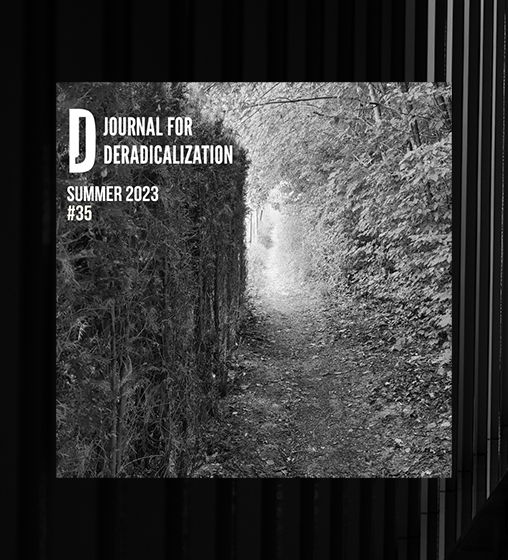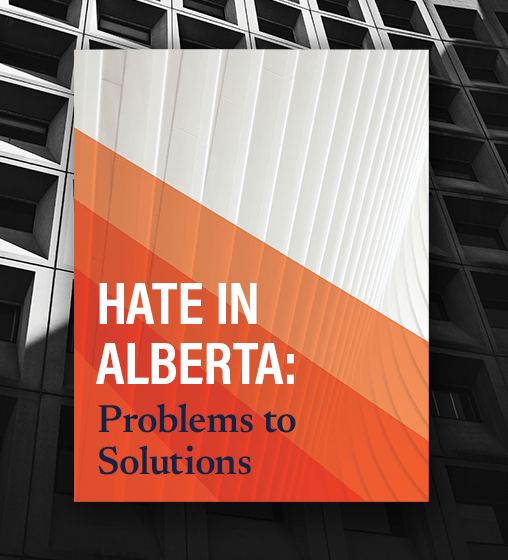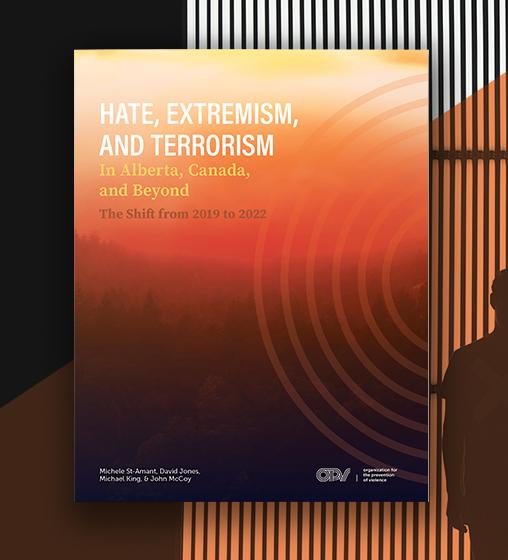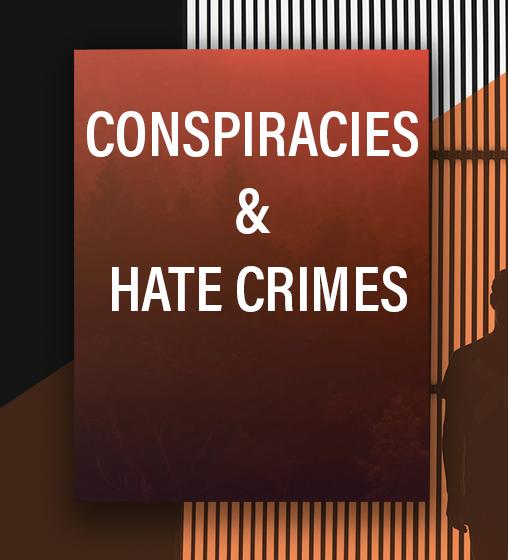Sovereignism and Anti-Authority Extremism in Germany and Canada
A Comparative Analysis for a Deeper Understanding of the Fluid Movement. Publication Date: October 2025 Executive Summary This report presents an analysis of sovereignism and anti-authority extremism in two national contexts: Canada and Germany. Despite differing historical and legal frameworks, sovereignist and anti-authority groups and movements in both countries reflect a shared rejection of state…

